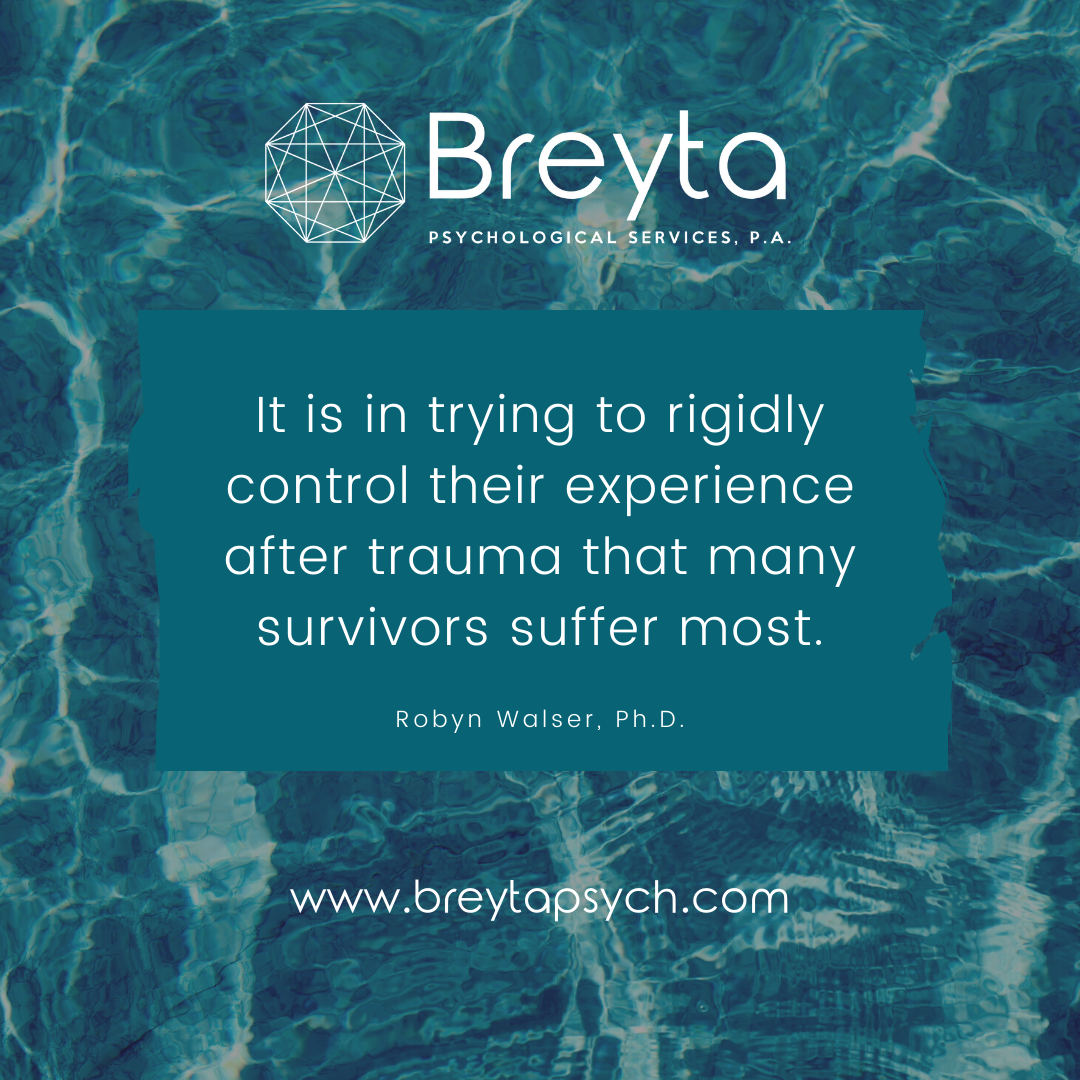5 Ways Cognitive Processing Therapy (CPT) Can Change The Tide of Trauma
/Cognitive Processing Therapy (CPT) is a beacon of hope for those navigating the tumultuous seas of PTSD. Like a lighthouse guiding a ship, CPT helps individuals chart a structured course through the complex relationship between thoughts, emotions, and trauma. The process involves uncovering and recalibrating distorted thoughts, facing the trauma, and utilizing Socratic questioning for deeper understanding. The benefits are profound - PTSD symptoms recede, coping skills improve, and a brighter, more balanced future comes into view. CPT is adaptable and personal, offering a path to healing and lasting change. Seek the guidance of one of our highly skilled trauma psychologists, and embark on a journey toward healing and hope in calmer waters.
Read More






























